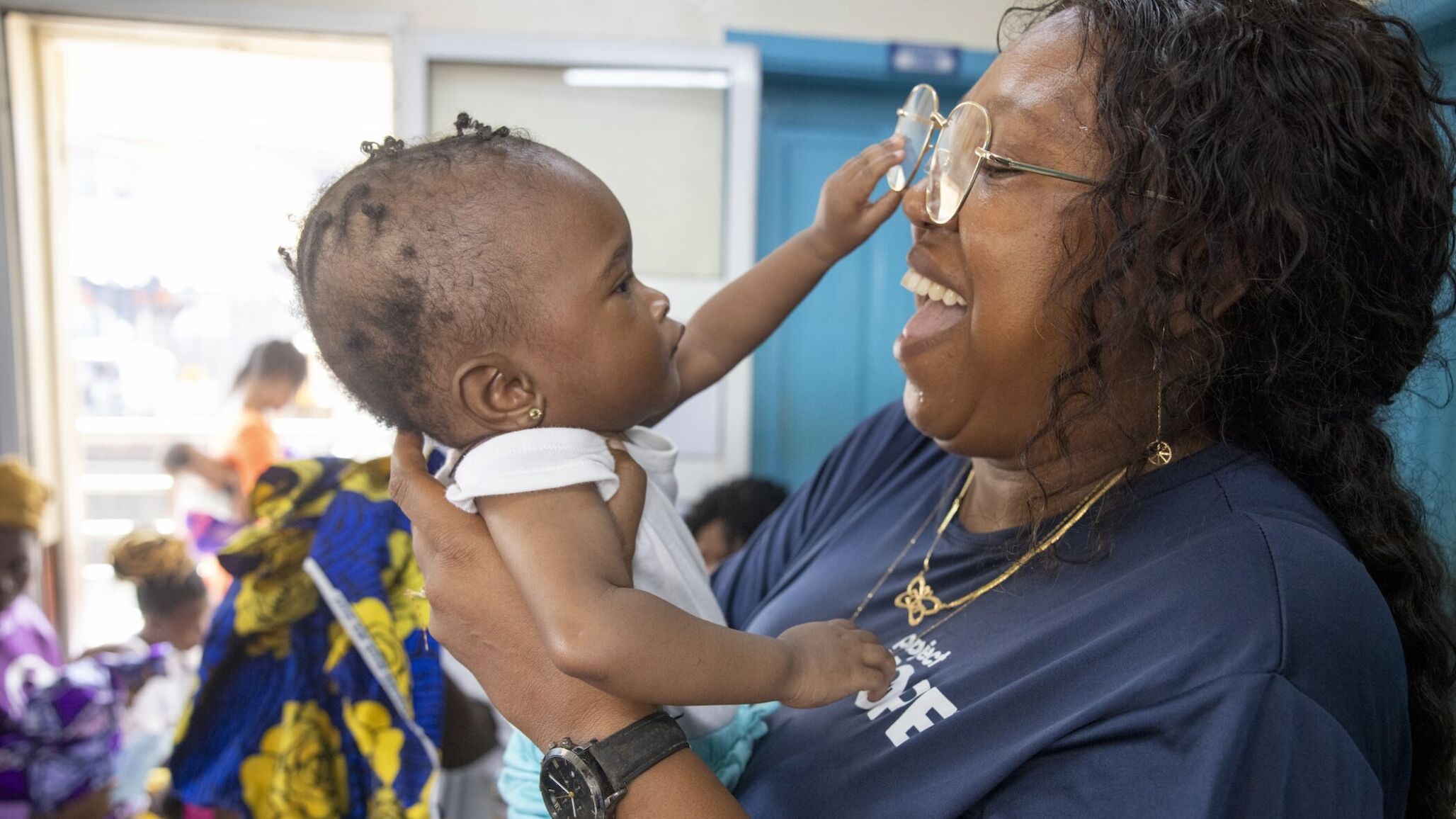Fighting Cholera: A Daily Battle in Haiti
The start of the rainy season in the Caribbean brings a reminder that the work of improving public health in vulnerable countries is a daily grind that goes on long after the media spotlight has shifted elsewhere after a natural disaster like a hurricane or earthquake. Nowhere is that more true than in Haiti, where local health workers and their international partners face a constant struggle to prevent and contain cholera outbreaks.

The start of the rainy season in the Caribbean brings a reminder that the work of improving public health in vulnerable countries is a daily grind that goes on long after the media spotlight has shifted elsewhere after a natural disaster like a hurricane or earthquake. Nowhere is that truer than in Haiti, where local health workers and their international partners face a constant struggle to prevent and contain cholera outbreaks.
There are always risks of cholera outbreaks in the country, mainly due to the difficulty of accessing drinking water. Awareness is an important factor in the fight against this epidemic but the largest burden rests with accessing drinking water.
The daily fight against cholera was made even more complicated on October 4, 2016, when Hurricane Matthew barreled into Haiti, causing the largest humanitarian emergency since the 2010 earthquake and initiating a chronic cholera outbreak.
Winds of 225 kilometers per hour completely destroyed 36 of the country’s 212 cholera treatment centers and caused widespread flooding and destruction. The storm also heavily affected the health system, which was already under-resourced, and tore the roofs off of 10 of the 28 health centers in Nippes Department.
Since then, local authorities and outside agencies have worked to rebuild the battered health care infrastructure, and to cope with the inherent challenges of Haiti’s endemic health care situation.
Haiti is a country of 27,200 square kilometers where a little over half the population lives in rural areas. Fifty percent of citizens consume water of questionable quality and nearly 75% have limited access to health services. Cholera is an acute diarrheal disease that can kill within hours if left untreated, according to the World Health Organization. Most of the infected can be successfully treated with oral rehydration solution; however, severe cases will need to be treated quickly with intravenous fluids and antibiotics.
Threat Remains
People in the Nippes region are particularly vulnerable. Although it did not suffer a widespread cholera outbreak after Hurricane Matthew, each rainy season brings an imminent threat of cholera and other gastro-intestinal diseases because it weakens the health system and makes the population more vulnerable, especially for those residing in the rural areas.
Thanks to the efforts of the Haitian government, private institutions, and NGOs like Project HOPE, cholera and sanitation awareness are on the rise. The problem with clean water in Haiti is a major challenge, especially among rural and hard-to-reach communities. And there is always a need for more resources. In communities that are aware of the risk, people have been taught about washing their hands and boiling or purifying water with chlorine tablets and they’ve been educated about using latrines. Yet given the lack of safe drinking water in the majority of communities, awareness alone will not stop spontaneous outbreaks from occurring.
Project HOPE’s Response
In the aftermath of a natural disaster like Hurricane Matthew, a swift, coordinated emergency response and long-term planning to prevent and fight cholera are critical.
In the wake of Hurricane Matthew, Project HOPE had a team on the ground within 24 hours of the storm, and on invitation from the Government of Haiti, met with Interim President Jocelerme Privert to discuss and guide priorities for disaster response operations.
Project HOPE responded by sending medical volunteers, gift-in-kind medical supplies, and constructing a Cholera Treatment Center at the Sainte-Thérèse Hospital in Miragoâne, the capital of Nippes. Prior to its creation, cholera patients in the Nippes Department would have to travel three to seven hours away with difficult road conditions in order to get treatment – a journey that can be life-threating for a cholera patient. Since 2010, Project HOPE has sent medical volunteers to train and assist local health care professionals in areas affected by cholera, and continues to monitor the risk of cholera in the event a hurricane like Matthew once again threatens Haiti. The new Cholera Treatment Center in Nippes serves as a long-term resource, not only after Hurricane Matthew, but in the face of future potential outbreaks as well, strengthening the health system in Nippes for years to come.



